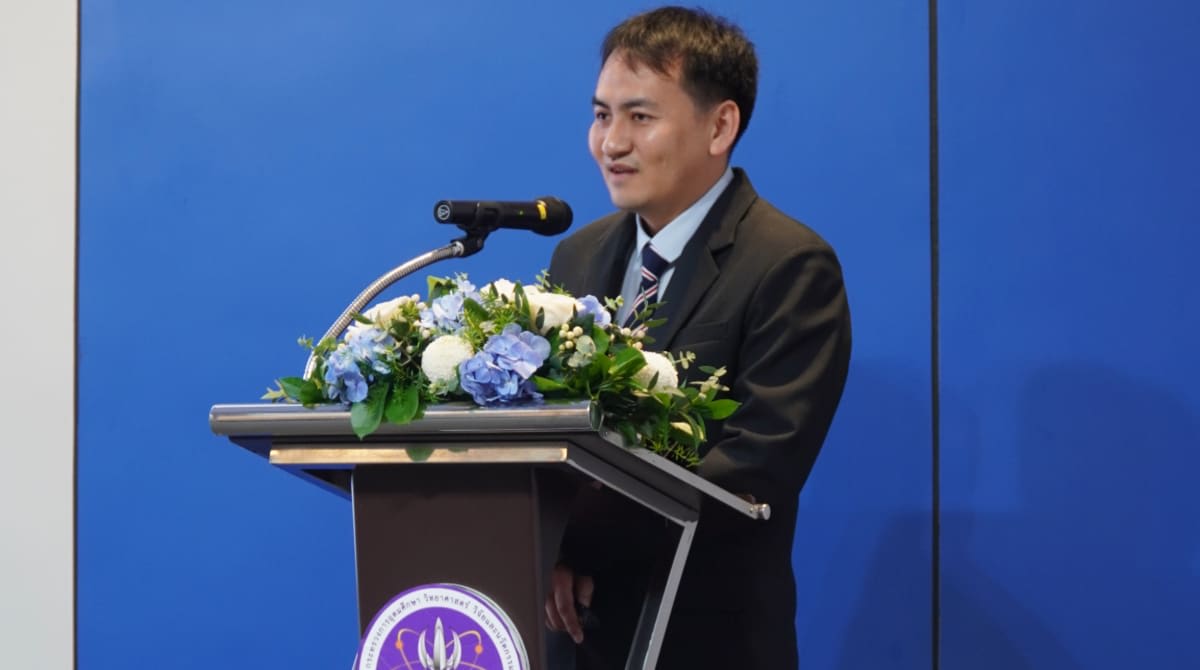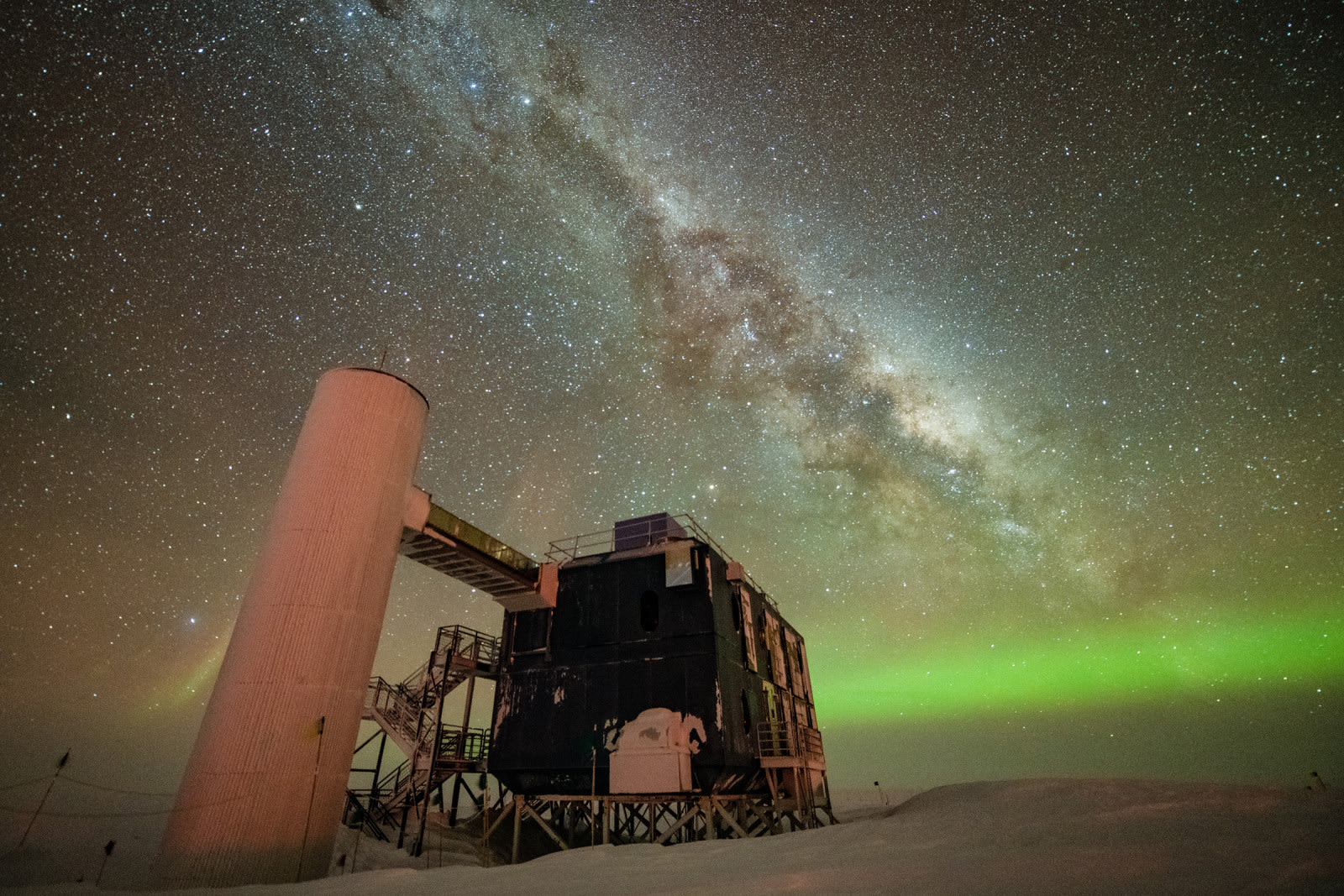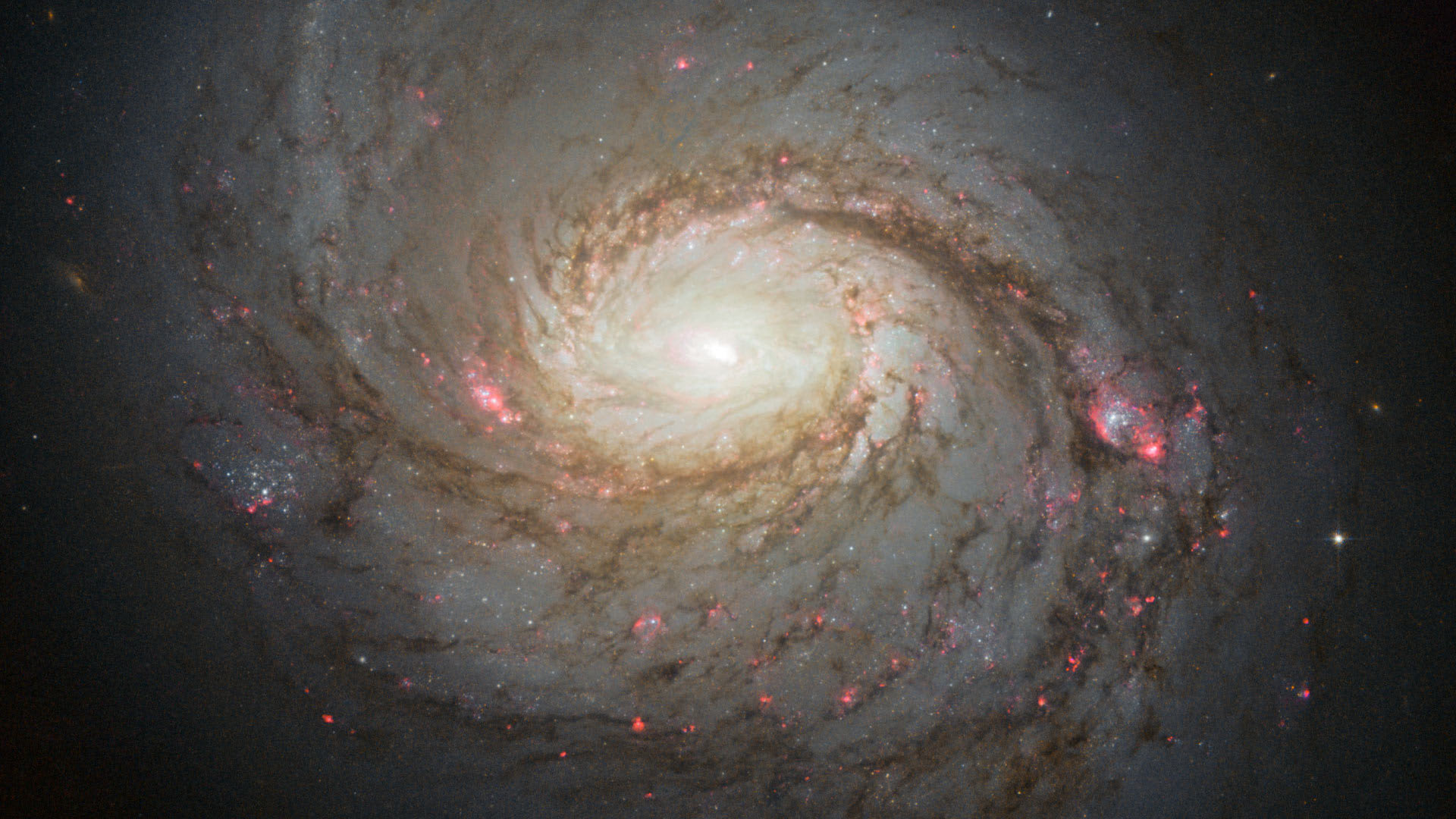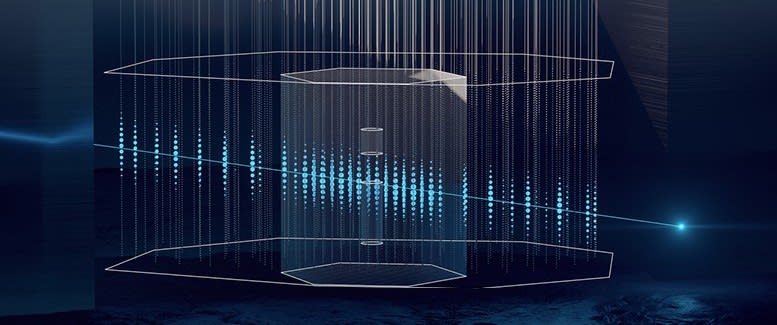-

Thai engineer joins the IceCube Upgrade project
Chana Sinsabvarodom speaks at a press conference in Bangkok on November 24, 2023. Credit: Dr. Tatphicha Promfu Thai engineer Chana Sinsabvarodom was recently selected to work on the IceCube Upgrade project, which will install seven more densely instrumented strings of light sensors near the center of the IceCube array at the South Pole. The IceCube…
-

Federal physics advisory panel recommends funding next-generation IceCube observatory, other major experiments
A group of scientists tasked with advising the federal government’s investments in particle physics research is recommending that the United States fund a planned expansion (dubbed IceCube-Gen2) of the IceCube Neutrino Observatory, an international scientific collaboration operated by the University of Wisconsin–Madison at the South Pole. The recommendation from the Particle Physics Project Prioritization Panel,…
-

IceCube neutrinos give us first glimpse into the inner depths of an active galaxy
For the first time, an international team of scientists have found evidence of high-energy neutrino emission from NGC 1068, also known as Messier 77, an active galaxy in the constellation Cetus and one of the most familiar and well-studied galaxies to date. First spotted in 1780, this galaxy, located 47 million light-years away from us,…
-

IceCube-Gen2 convenes to kick-off technical design report
Visualization of neutrino event in the IceCube-Gen2 detector. Credit: DESY, Science Communication Lab The IceCube-Gen2 Collaboration recently wrapped up a weeklong kick-off meeting to formalize a technical design report for the project. With over 100 participants and 50 talks, the interdisciplinary workshop brought together scientists and engineers from around the world to discuss the status…
-

NSF mid-scale award sets off the first extension of IceCube
The IceCube Neutrino Observatory, the Antarctic detector that identified the first likely source of high-energy neutrinos and cosmic rays, is getting an upgrade. On June 25, 2019, the National Science Foundation (NSF) approved full funding to upgrade the IceCube detector, extending its scientific capabilities to lower energies and thus enabling IceCube to reach neutrino energies…
-

Exploring the possibility of detecting extragalactic supernovae with IceCube-Gen2, summer research with IceCube
International Research Experiences for Students (IRES) is a program funded by the National Science Foundation to support active participation of US undergraduates in international research projects. Vanessa Esaw, Nick Kulacz, Nick Jensen, Jack Nuckles, and Samantha Pedek participated in the IRES program through UW–River Falls to work on IceCube research for the summer at Stockholm…
